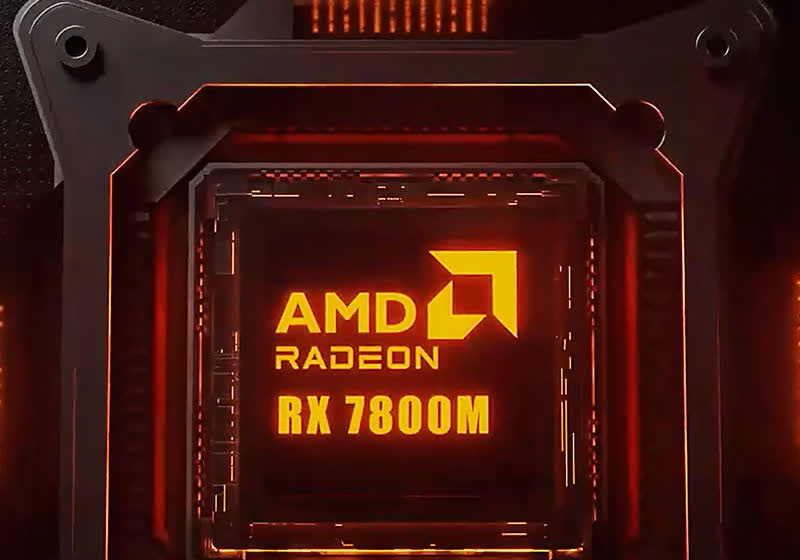Join our daily and weekly newsletters for the latest updates and exclusive content on industry-leading AI coverage. Learn More
After showing it off in a preview late last month, Runway ML has officially released Gen-3 Alpha Turbo, the latest version of the AI video generation model that it claims is seven times faster and half the cost of its predecessor, Gen-3 Alpha.
The goal? Make AI video production more accessible to a wider audience across all subscription plans, including free trials.
The New York City-based company announced the news on its X account, writing: “Gen-3 Alpha Turbo Image to Video is now available and can generate 7x faster for half the price of the original Gen-3 Alpha. All while still matching performance across many use cases. Turbo is available for all plans, including trial for free users. More improvements to the model, control mechanisms and possibilities for real-time interactivity to come.”
Gen-3 Alpha Turbo builds on the already impressive capabilities of Runway’s Gen-3 Alpha, which gained attention for its realistic video generation.
However, Runway has pushed the boundaries even further with this latest release, prioritizing speed without compromising on performance. According to Runway co-founder and CEO Cristóbal Valenzuela, the new Turbo model means “it now takes me longer to type a sentence than to generate a video.”
This leap in speed addresses a critical issue with AI video generation models—time lag—allowing for near real-time video production.
As a result, users can expect a more seamless and efficient workflow, particularly in industries where quick turnaround times are essential.
Broad accessibility and aggressively low pricing
Runway’s decision to lower the cost of using Gen-3 Alpha Turbo aligns with its strategy to encourage more widespread adoption of its technology.
While Gen-3 Alpha regular is priced at 10 credits per second of video generated by the model, Gen-3 Alpha Turbo should be priced at 5 credits per 1 second of video per Runway’s statement that it is 50% less.
Credits can be purchased in bundles starting at 1,000 credits on the Runway website or as part of monthly or annual subscription tiers. It costs $10 for 1,000 credits, or $0.01 per credit.

The model’s availability across all subscription plans, including free trials, ensures that a broad spectrum of users—from hobbyists to professional creators—can benefit from these enhancements.
By offering a faster and cheaper alternative, Runway is positioning itself to maintain a competitive edge in the rapidly evolving AI video generation market, where rivals including Pika Labs, Luma AI’s Dream Machine, Kuaishou’s Kling, and OpenAI’s Sora are also vying for dominance.
Yet despite showing off Sora in January of this year and releasing it to a select group of creators, OpenAI’s video model remains out of reach to the public, and other video generation models tend to take much longer to generate from text prompts and images — more than several minutes in my tests.
Promising initial results
Already, users of Runway Gen-3 Alpha Turbo and subscribers are sharing videos made with the new model and are finding themselves impressed with its combination of speed and quality.
While not always 1×1 in terms of seconds spent generating to seconds of video, the users are nonetheless delighted with the overall experience of using the new model and showcasing a wide range of styles, from realistic to animation and anime.
Some users, such as @LouiErik8Irl on X, prefer the regular Gen-3 Alpha model for its higher quality, in their eyes. Yet they see value in being able to generate simple motion quickly through Gen-3 Alpha Turbo.
Future improvements and unresolved legal/ethical issues
Runway is not resting on its laurels with the release of Gen-3 Alpha Turbo. The company has indicated that more improvements are on the horizon, including enhancements to the model’s control mechanisms and possibilities for real-time interactivity.
Previously, on its older Gen-2 model, Runway enabled the capability to edit selective objects and portions of a video with its Multi Motion Brush, enabling a more granular direction of the AI algorithms and resulting clips.
However, the company continues to navigate the ethical complexities of AI model training. Runway has faced scrutiny over the sources of its training data, particularly following a report from 404 Media that the company may have used copyrighted content from YouTube for training purposes without authorization.
Although Runway has not commented on these allegations, the broader industry is grappling with similar challenges, as legal battles over the use of copyrighted materials in AI training intensify.
As the debate over ethical AI practices unfolds, Runway and other generative AI companies may find themselves compelled to disclose more information about their training data and methods. The outcome of these discussions could have significant implications for the future of AI model development and deployment.



